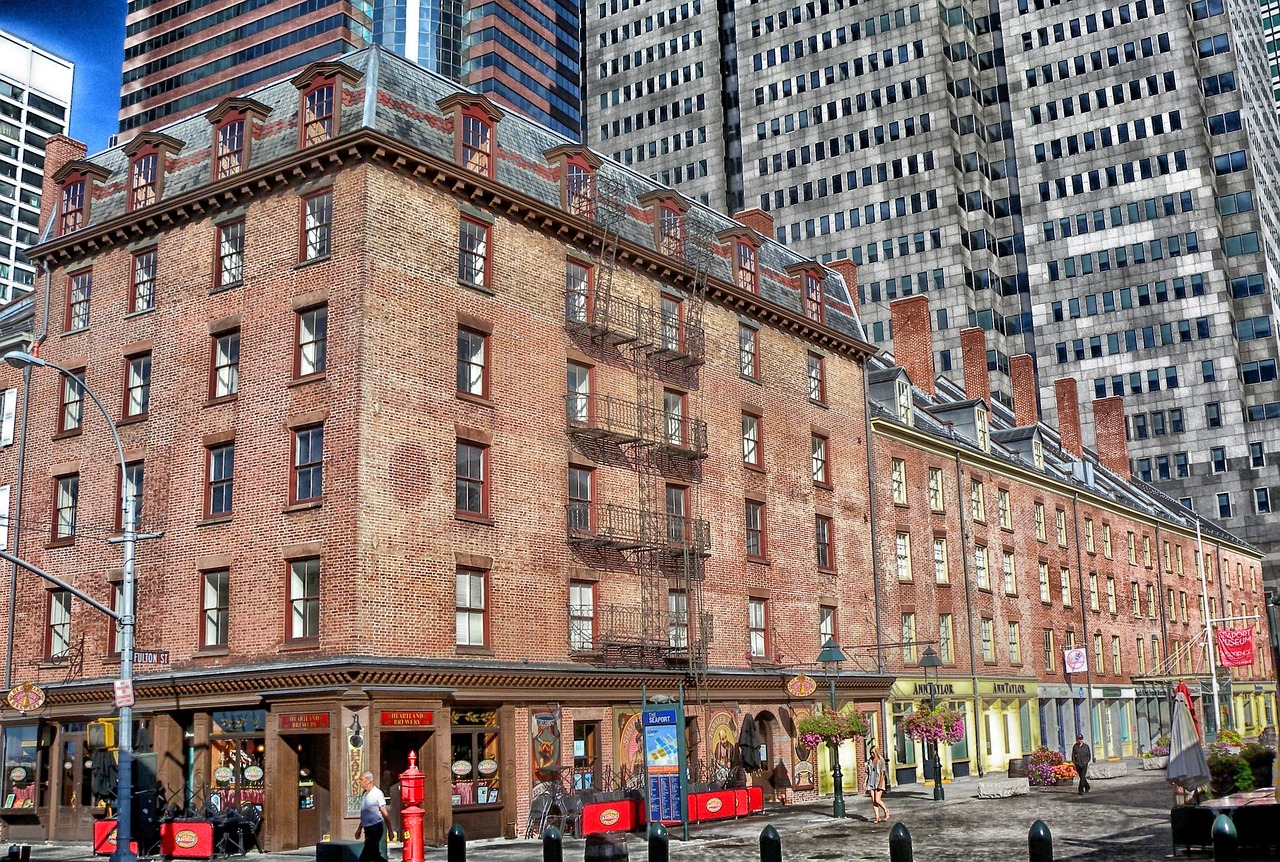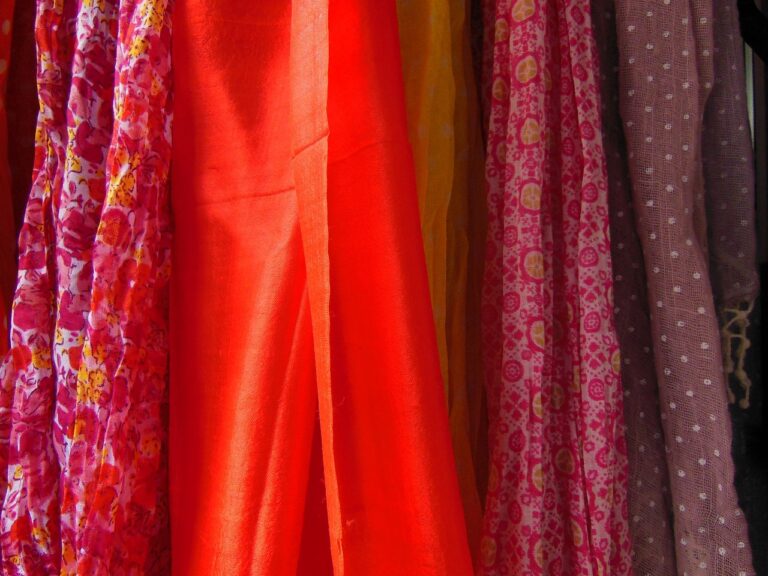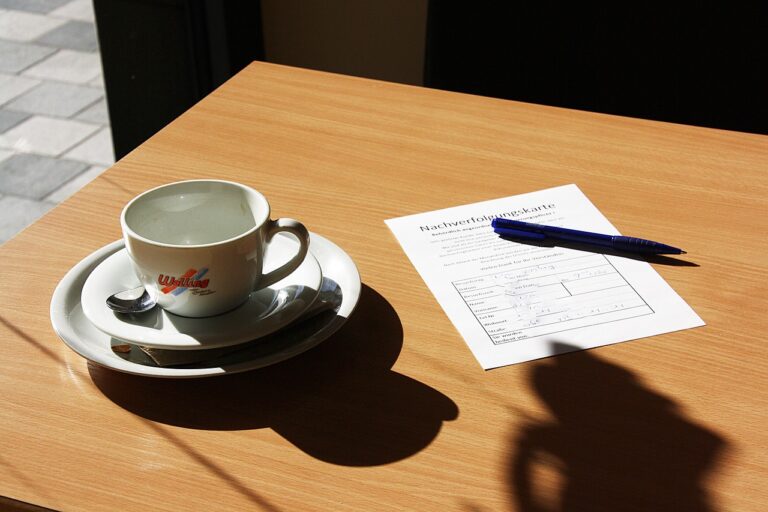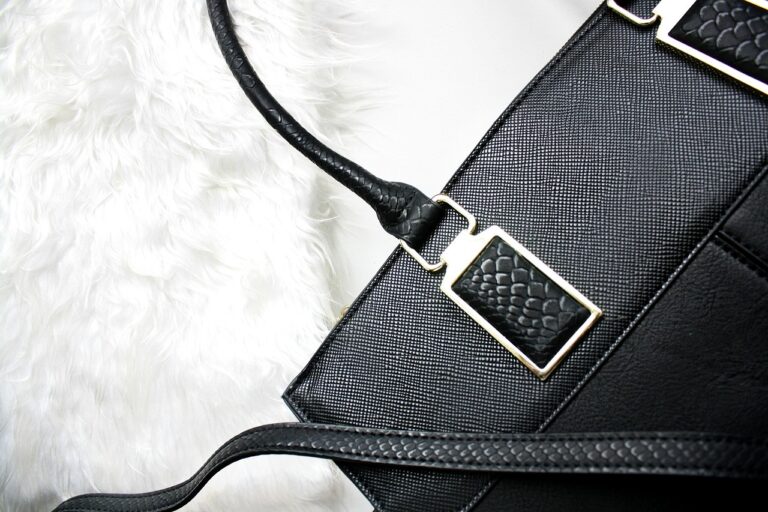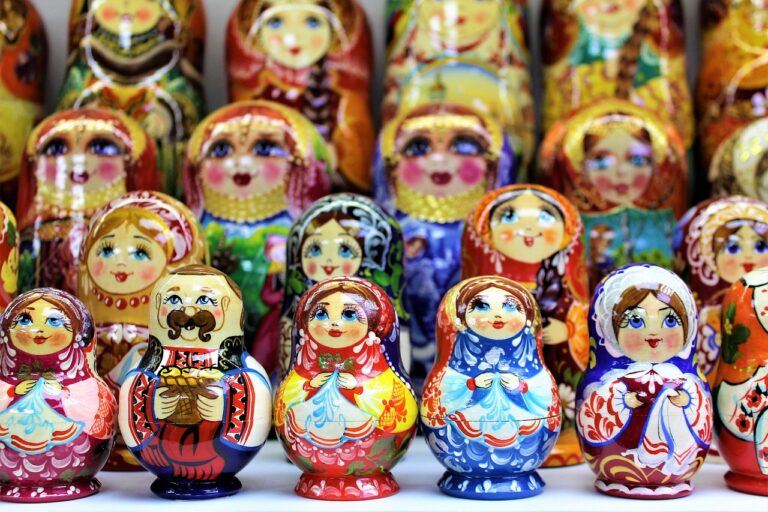The Impact of Fashion on Body Image
In today’s society, the perception of body image is heavily influenced by various factors. Individuals often compare themselves to the idealized standards portrayed in media, leading to feelings of inadequacy and low self-esteem. The constant exposure to unrealistic beauty standards can create a distorted view of one’s own body, fostering a negative self-image.
Moreover, societal pressures to conform to certain physical ideals can result in an unhealthy preoccupation with appearance. This preoccupation can lead to disordered eating habits, excessive exercise, and other harmful behaviors in an attempt to achieve the desired body image. As a result, individuals may experience heightened levels of stress and anxiety related to their physical appearance.
Historical Trends in Fashion
Throughout history, fashion has always been a reflection of society’s values and norms. In ancient civilizations, clothing was used not only as protection but also as a way to signify one’s social status and belonging. The elaborate garments worn by royalty and aristocracy demonstrated power and wealth, while the simpler attire of common people emphasized their humility.
As time progressed, fashion continued to evolve, with each era leaving its unique mark on the sartorial landscape. The Renaissance period saw a revival of classical styles, characterized by elaborate embroidery and rich fabrics. In contrast, the Industrial Revolution brought about mass production and standardized sizing, making fashion more accessible to the masses. It is fascinating to see how the trends of the past have shaped the way we perceive clothing and style today.
Social Media Influence on Body Image
As social media continues to dominate our daily lives, its impact on body image perception cannot be ignored. Platforms like Instagram and Facebook are filled with carefully curated images showcasing idealized body types, creating unrealistic beauty standards that many individuals feel pressured to conform to. The constant exposure to these images can lead to feelings of inadequacy and low self-esteem as people compare themselves to unattainable ideals of perfection.
Moreover, the rise of filters and photo-editing tools on social media allows individuals to alter their appearances effortlessly, blurring the lines between reality and fantasy. This perpetuates a culture of unattainable beauty standards and can have detrimental effects on one’s self-image. These digital enhancements create an unrealistic portrayal of beauty, leading to a distorted perception of one’s own body and ultimately impacting mental health negatively.

